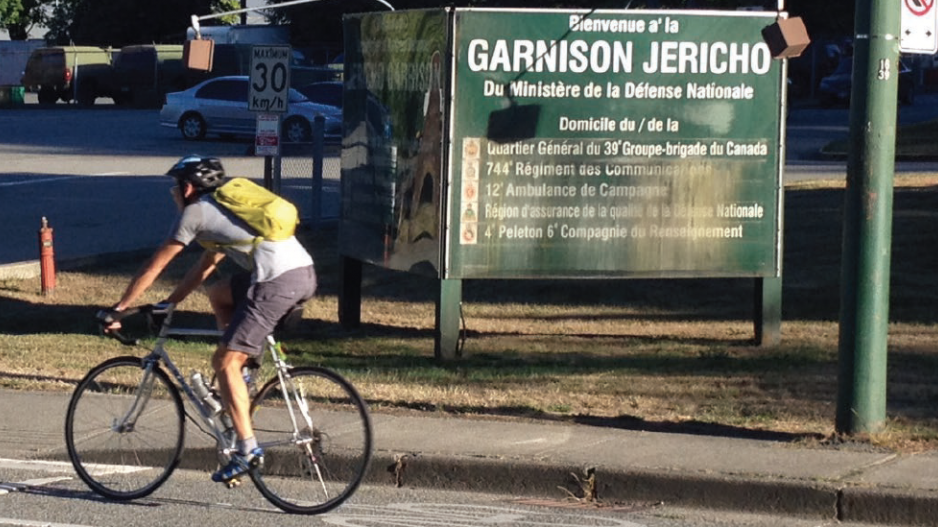The provincial government will pay $96 million to three First Nations for them to become the new owners of the Jericho Lands on Vancouver’s west side, according to a document obtained by Business in Vancouver.
The document, which was given to Squamish Nation band members at a March 23 community presentation, said the lands are valued at $480 million and the accommodation funds flowing from Victoria to the Squamish, Musqueam and Tsleil-Waututh would be split one-third each.
After the deal was announced April 8, neither Squamish Nation Chief Ian Campbell nor Citizens’ Services Ministry spokeswoman Tasha Schollen would comment on the value of the accommodation payments for the 38.4-acre property.
Campbell said the terms of the contract are confidential for now. Schollen said a censored version of the contract would eventually be released by the government, but added the accommodation agreement might be accessed only through a freedom of information request.
A 2004 Supreme Court of Canada ruling said governments must consult and accommodate First Nations when selling Crown land.
At the March 23 meeting, Campbell told band members that, under the deal, the three nations will put up no cash. He said a seven-year vendor take-back mortgage arrangement with the provincial government would mean the accommodation payment would total roughly 30% of the $480 million.
The March 23 document warned band members that the acquisition could come under criticism from all corners: “West Point Grey Residents Association. Politicians of all stripes: municipal, provincial and federal.
“Low-income housing activists, environmentalists and other NGOs.
“It is important to note that many longtime Point Grey residents are affluent and have access to powerful lobbyists and the media.”
The document explained the three First Nations’ reluctance to solve their land claims through treaty negotiations with the B.C. and federal governments, as the Nisga’a and Tsawwassen First Nations did.
“The treaty process is expensive to negotiate and the costs are borne by the nations through a loan process to the government, which then is repaid when a settlement is reached,” said the document. “In many cases the loan is larger than the accommodation that is reached in the treaty process.”
Under the heading “Why are we buying our lands back?” it states: “It is a combination of issues: flawed treaty process, risk around strength of claim, cost of legal fight, obtaining consensus on the strategy to use legal court systems with other nations within a shared area.”
The document said that it took nine years and $1 million a year in a legal battle to regain traditional land near the south end of the Burrard Bridge, before a $96 million out-of-court settlement was reached in 1998. •




